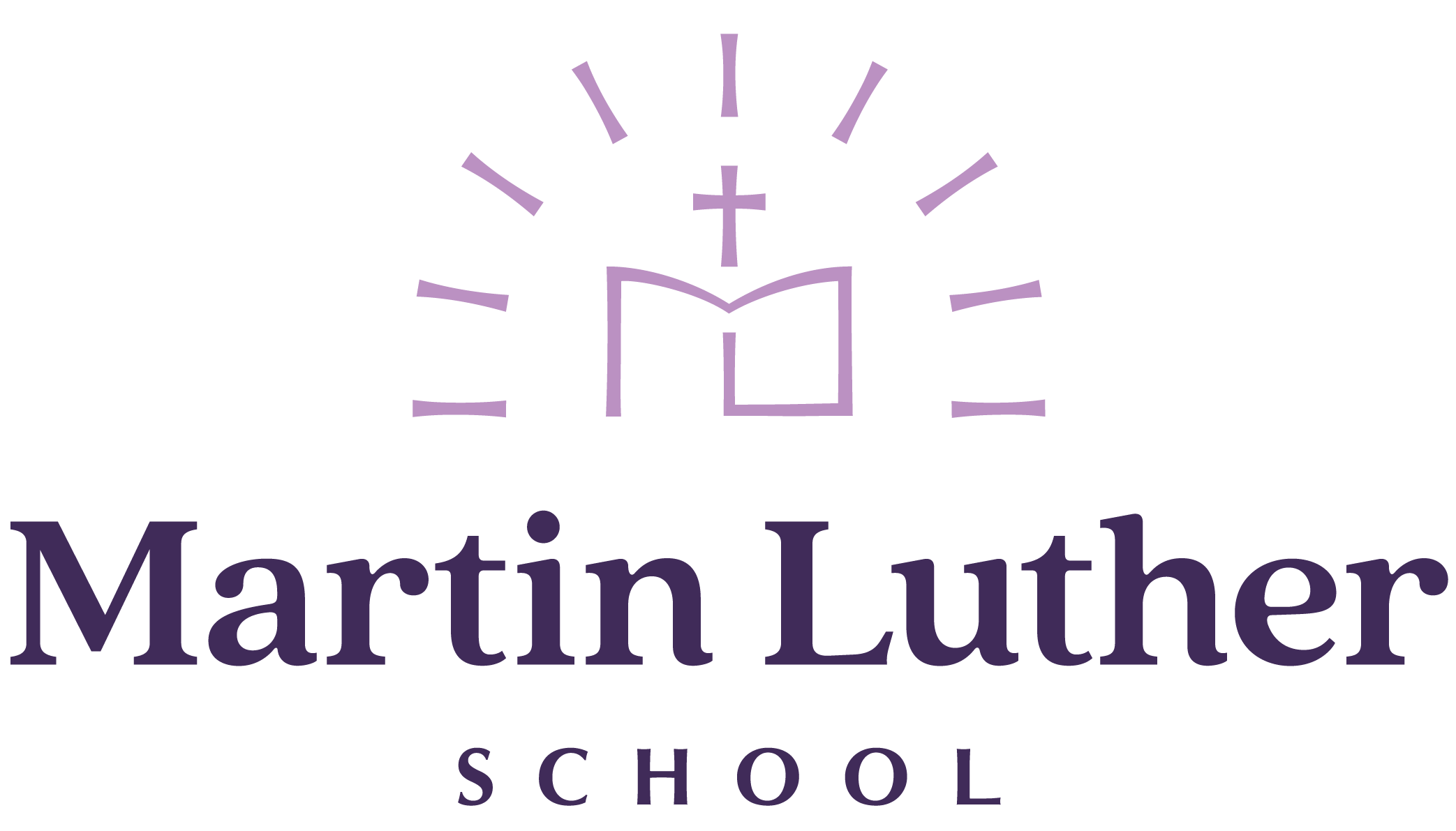1. Is Classical Education still relevant and practical in the modern age?
It most certainly is, and for such a time as this, it is having a rebirth. “Classical” does not refer to a desire to cling to what is outdated, or to ignore what is new; rather, it accommodates modern advancements in science, math, etc. It equips students with all of the practical knowledge that they need in order to be successful in their life beyond school.
Further, one of the most important aspects of this kind of education is its aim of teaching students how to think critically, how to communicate, how to have a rational discussion. What could be a more important skill in our chaotic and emotion-driven modern public discourse? The incorporation of the Socratic Method – that is, teacher-guided discussion amongst the students – aims to give them the ability to ask questions and articulate their thoughts in a calm, logical, and charitable manner.
Students learn the modern world and US history, but it is important to note that a classical education aims first to anchor and orient its students in the foundations of Western Civilization. Studying Greco-Roman culture in particular, along with its fulfillment in medieval Christendom, allows the students to understand the foundations upon which our society has been built and the foundational principles and values which our society has now rejected. To ignore or downplay Western history is to rob students of their own rich cultural, intellectual, moral, and spiritual heritage.
2. Do Classical Educators reject academic standards and standardized testing?
No, we do not. There are academic standards and standardized testing in this type of education. In fact, one of the most notable statistics in the realm of Classical Liberal Education is the high (and often superior) performance of classically-educated students on standardized tests such as the SAT.
However, standards, “measurables”, statistics, etc. are not believed to be as centrally important as they are in modern education. We refuse to measure a student’s performance merely by numbers and standards. We use standards as one set of guidelines in a more holistic and human approach to formation – academic, moral, and spiritual.
3. Why study Latin?
There are so many reasons to study Latin! Too many to list here, in fact! Please refer to the very informative links below:
4. How do you view the use of technology?
Technology is part of our daily life. However, unless technology has a very focused purpose in the classroom, any teacher will tell you how it becomes more of an obstacle or distraction. Students have access to computers in order to do research and typing. Further, students who need assistive technology for reading are given the technology for this as well. While students are taught how to type properly, we also continue to teach penmanship and often require handwritten work.
